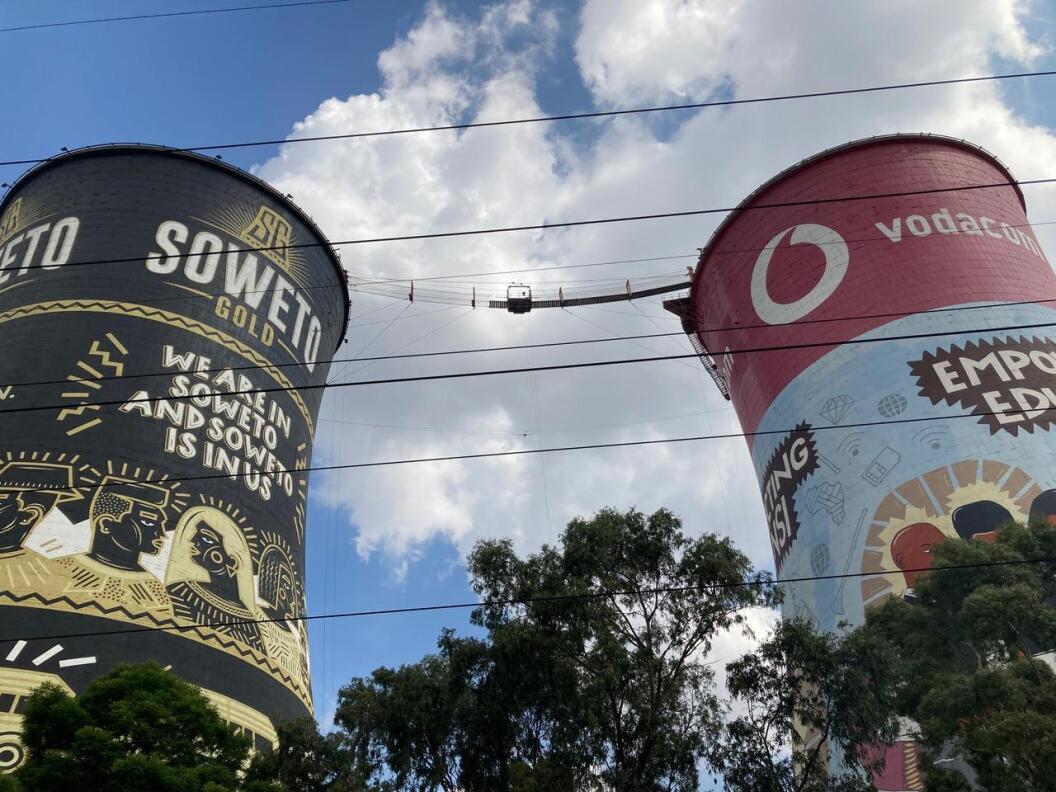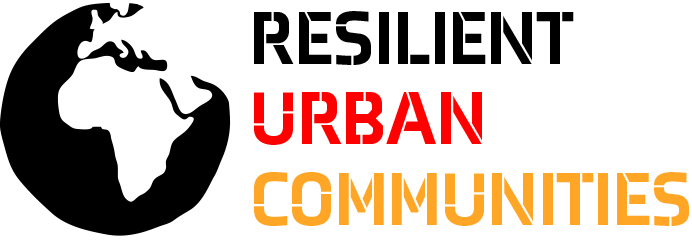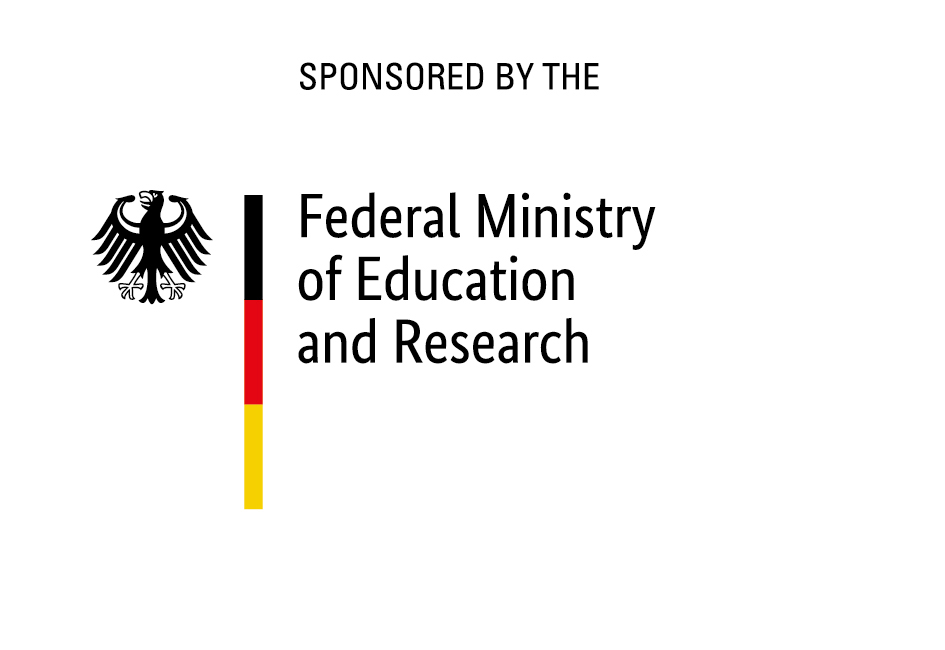Resilient Urban Communities
Social Enterprises and Nonprofits as Service Providers and Vehicles for Participation in African Megacities.
Funded by DLR (Deutsches Zentrum für Luft- und Raumfahrttechnik). FKZ: 01DG21009A

This project was coordinated by the University of Münster and the University of the Witwatersrand (WITS) in cooperation with Strathmore University (SU) in Nairobi, Kenya, the American University (AU) in Cairo, Egypt, the East African Philanthropic Network, Kenya and in Germany the Bauhaus University Weimar and the Frankfurt University of Applied Science. It began in June 2021 and ended in October 2024. The work process and the results of the research can be viewed on this website.

At the heart of RUC, lied the set-up and consolidation of long-term German-African and inner- African cooperation. Sustainability was guaranteed through international, trans- and interdisciplinary educational programs. This translated into the promotion of transdisciplinary and inter-sectoral exchange between academia and local professionals and stakeholders in the field of public and nonprofit administration, corporate social responsibility, civic engagement and philanthropy in Africa.
Therefore, two phases of field research were conducted at Johannesburg, aiming at empirical data concerning the work and work environment of social enterprises and non-profit-organizations in vulnerable urban communities. Throughout the project several instances of long-term cooperation (yearly PhD seminars, a training program for current and future social entrepreneurs and civic leaders, a German-African study exchange program) were established and continued after the project was completed. RUC built on the existing networks and infrastructure of the professional international and African associations involved in the project, to deepen and escalate exchange and mutual benefits between them.
News

